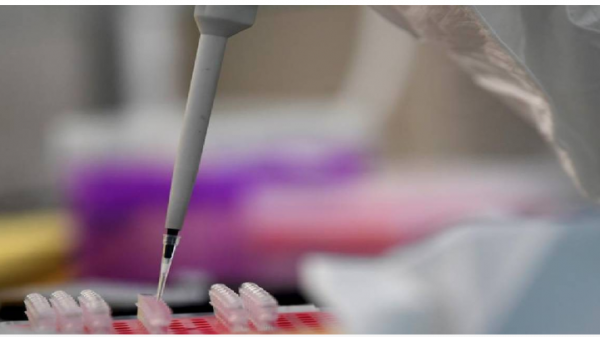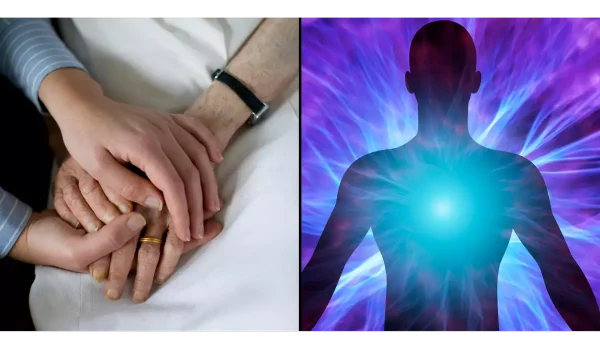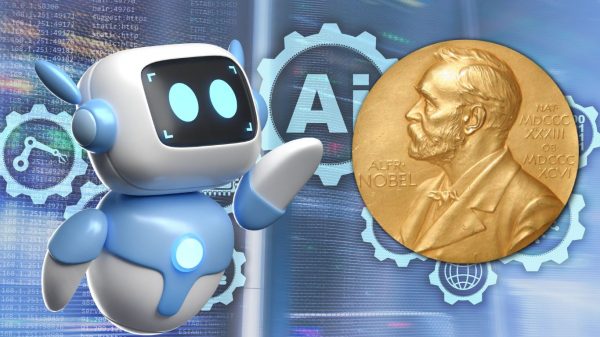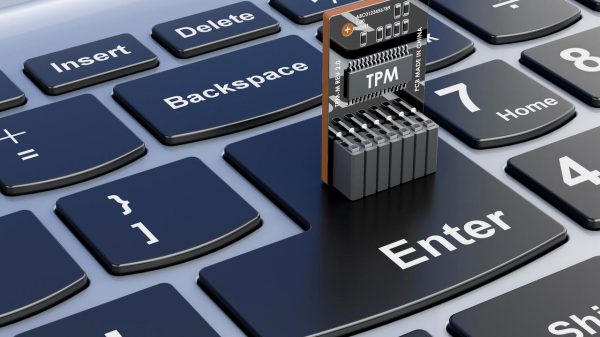Robots deployed on front lines to combat coronavirus

From disinfection and street patrols to food and medicine delivery in quarantine wards, robots are being deployed at the front lines to contain the spread of the novel coronavirus, which has claimed hundreds of lives in China.
More than 30 disinfection robots designed and produced by a Shanghai enterprise have entered major hospitals in Wuhan, center of the novel coronavirus outbreak, to combat the epidemic.
The white robot has a hydrogen peroxide sprayer on its “head” and nine ultraviolet lamps in its “belly,” and can perform multiple forms of disinfection in environments where humans and machines coexist, according to Pan Jing, CEO of Shanghai TMiRob, the manufacturer of the robot.
Navigation technology enables the robot to avoid obstacles autonomously, Pan said.
At present, such disinfection robots have been used in isolation wards, ICUs, operating rooms and fever clinics of Wuhan’s major coronavirus hospitals including the Central Hospital of Wuhan to provide around clock disinfection service.
Chinese health authorities Friday said they received reports of 3,143 new confirmed cases of novel coronavirus infection on Thursday, bringing the total to 31,161 from 31 provincial-level regions and the Xinjiang Production and Construction Corps. A total of 636 people had died of the disease by the end of Thursday.
China has called on the country’s artificial intelligence (AI) sector to lend their technological hands to help battle the epidemic.
Research and development should be enhanced and industrial cooperation is encouraged to contribute to the discovery, awareness and control of the novel coronavirus, the Ministry of Industry and Information Technology said Tuesday in a proposal.
Related AI technologies could be applied to roll out smart devices to support diagnosis and treatment, and used in telecommuting, online education and intelligent production to ensure minimal disruption to people’s lives.
Robots are joining China’s fight against the epidemic in order to reduce cross-infection risks and improve efficiency.
Siasun, the country’s major robot manufacturer, Wednesday donated 21 robots and 10 electric adjustable beds to local hospitals and other institutions on the front lines of the battle in Shenyang, capital of northeast China’s Liaoning Province.
With advanced technologies such as laser positioning, intelligent navigation and human-computer interaction, the medical delivery robots can help health workers spray disinfectants and hand out medicine to patients.
The electric adjustable beds allow infected patients to eat in bed and assist them to sit up and roll over, while the food delivery robots which can recognize human faces and voices are able to provide services for visitors from areas hard hit by the virus, so as to avoid close contact between people.
“Intelligent robotic products can effectively replace doctors and nurses in some work, thus reducing their chance of being infected,” said Teng Weiyu, vice president of the First Hospital of China Medical University, where some of Siasun’s robots were put into use.
Siasun and the Shenyang Institute of Automation of the Chinese Academy of Sciences are also developing a robot that can replace nurses in conducting throat testing for the virus.
In Shanghai, several robots patrol the parks and streets to inform the public about epidemic prevention and control.
On Monday, robot maker CloudMinds and China Mobile’s Shanghai branch donated the first batch of 5G-powered robots to a Shanghai hospital. With the 5G network, the robots can help medical staff carry out tasks involving consultations, disinfection, cleaning and drug delivery.
“After seeing the front line of the fight against the virus, I understand more deeply the value of smart products. We will try our best to protect the medical staff from the virus-contaminated environment with advanced technologies,” said Du Pu, a regional sales director of Shanghai TMiRob.





























Leave a Reply